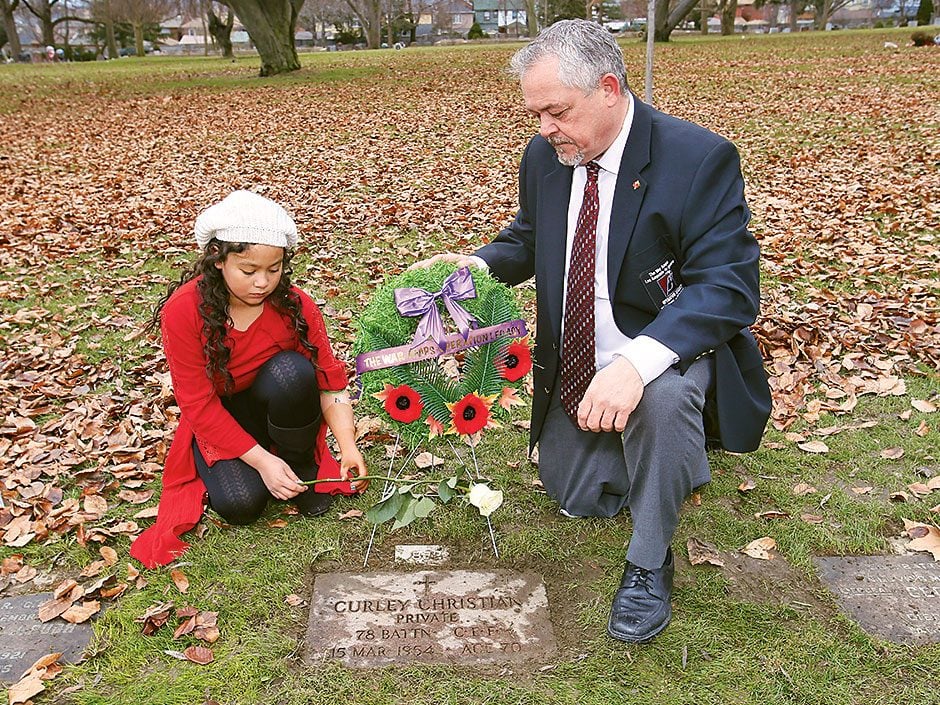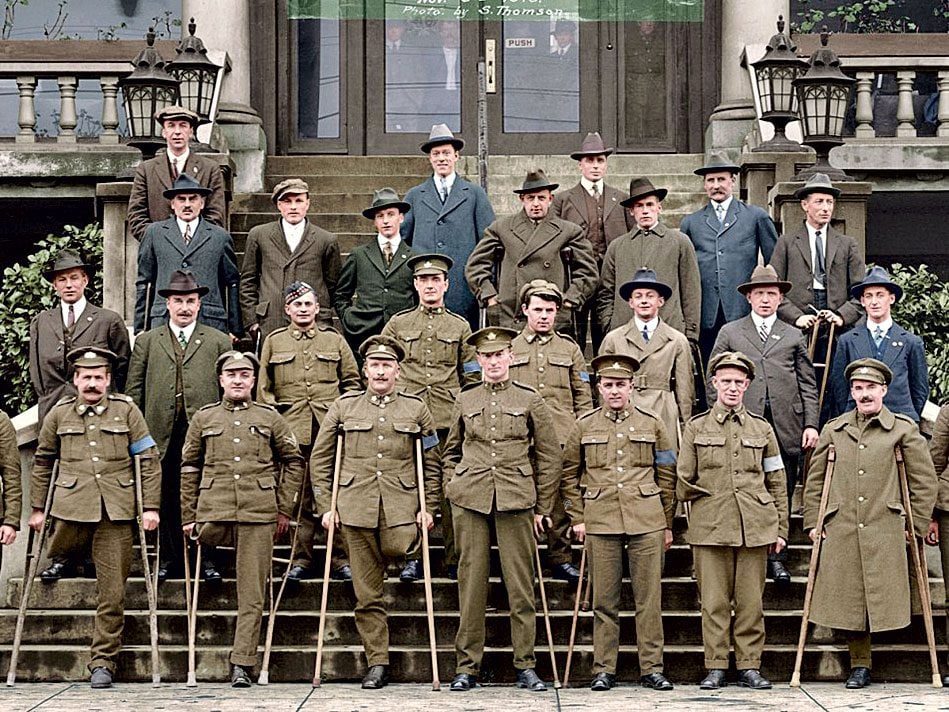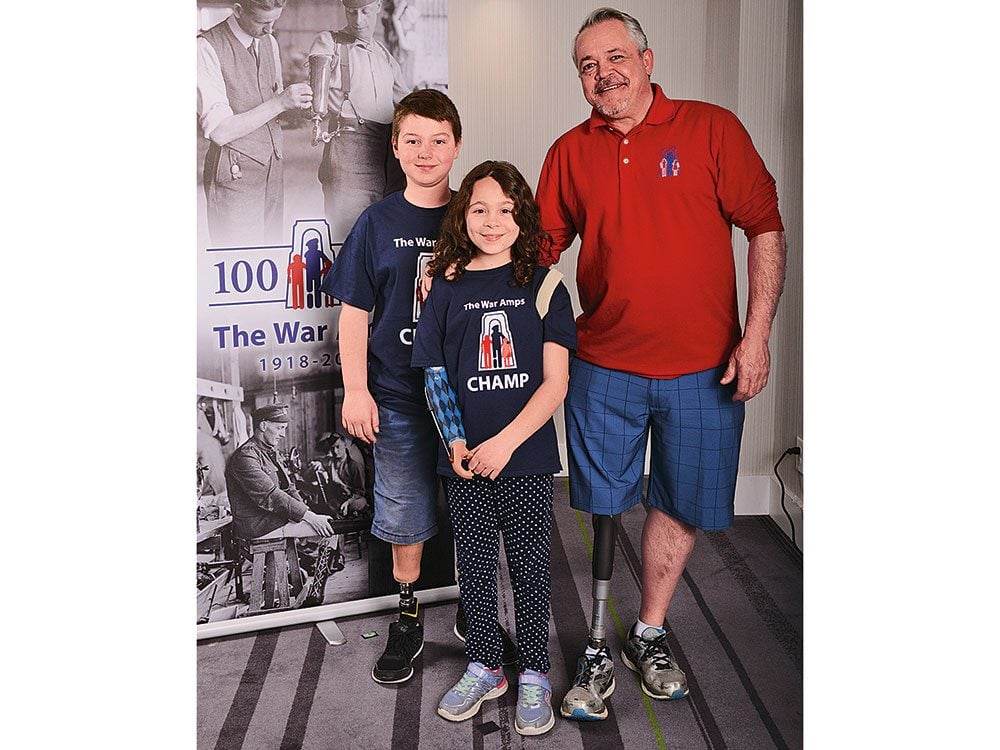
What the War Amps Means to Me
When I was 14 years old in Etobicoke, Ontario, my friends dared me to jump onto a moving train—a careless decision that resulted in the loss of my right leg above the knee. As I lay in my hospital bed after the accident, I felt like the entire world was collapsing on me with no positive end in sight. That feeling was eased, however, when I received an unexpected visit.
A man walked into my hospital room and said, “You know, Rob, everything is going to be fine.” I ran my eyes up and down him and thought, “How dare you say I’ll be fine. You have no idea!” He then rolled up his pant leg to show me that he, too, was a leg amputee, but he had lost his leg in the Second World War.
Meeting this war amputee veteran was a pivotal moment in my life, which has stayed with me even now, 40 years later. It has shaped the person I am and the work that I do today with the War Amps, an organization founded on the philosophy of “amputees helping amputees.”

How the War Amps Started
I don’t think the war amputees and disabled veterans who started the War Amps back in 1918 could have imagined that the association would be celebrating its 100th anniversary this year.
On returning home from the First World War, veterans came together to help each other adapt to their new reality. They then welcomed the next generation of amputee veterans following the Second World War, creating the Key Tag Service to provide them with meaningful work and service to Canadians.
When these veterans found that their needs were being met, they wondered who was there to help child amputees. In 1975, they started the Child Amputee (CHAMP) Program, which provides young amputees across Canada with financial assistance for artificial limbs, regional seminars and peer support.
I myself enrolled in CHAMP after my accident and went to my first seminar, convinced that I was the only teen in the world dealing with an amputation. When I got there, I saw kids who were just like me. They were running around and having fun, and I realized that my amputation was not going to be a barrier to a successful life.
As a young adult, I began employment at the Key Tag Service, the War Amps lost key return program which, with the support of Canadians, funds its many programs. I worked alongside war amputee vets, who took me under their wing and taught me that I should not be embarrassed about my amputation, but instead wear it as a badge of courage.

The War Amps Today
Today, as the director of the War Amps PLAYSAFE/DRIVESAFE Program, I meet child amputees across the country, providing them and their families with the same reassurance these remarkable amputees gave to me—that everything will be okay.
Although they consider themselves ordinary guys, our war amputees served their country in wartime and continued to serve when they came home. They shared their experiences and knowledge with fellow amputees and started vital programs that are still changing the lives of amputees today. They also educated Canadians about amputation at a time when it wasn’t well understood. It means so much to me to carry on the work they started into a brand new century.
I can say with pride that their legacy of “amputees helping amputees” will continue through me and generations of amputees, long into the future.
Don’t miss these other stories of Canadians making a difference in their communities.